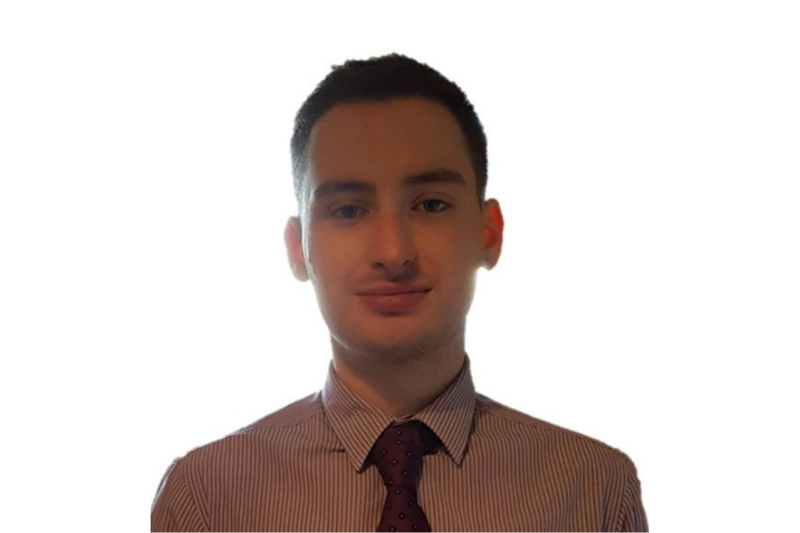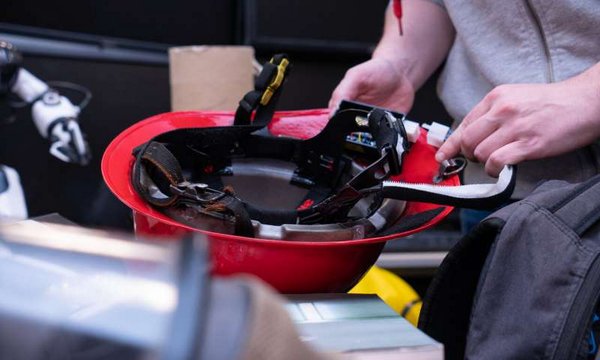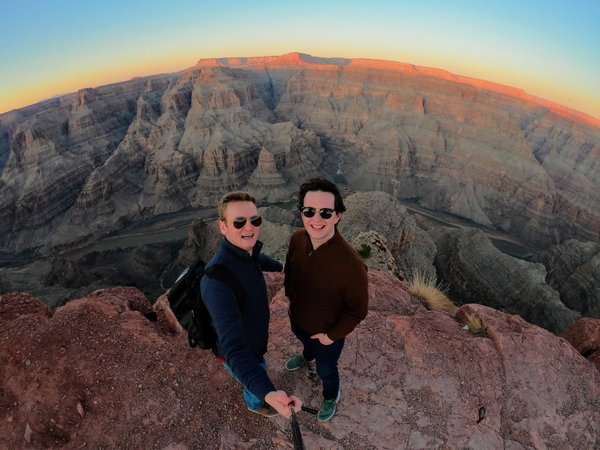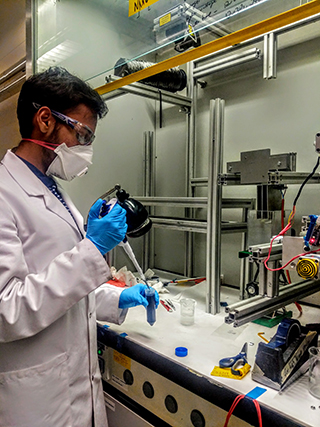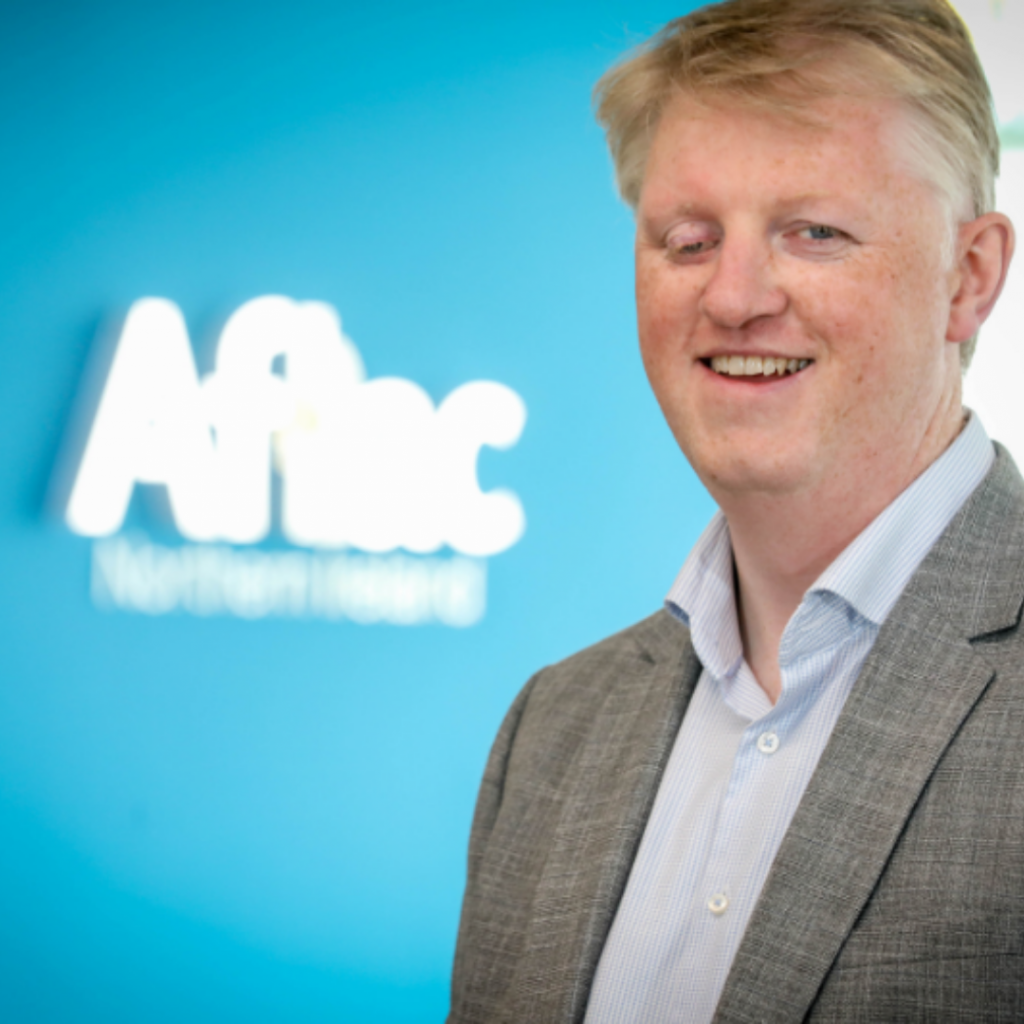
Mark McCormack, Head of Tech at Aflac Northern Ireland on his journey to tech leader.
‘We build tech for human beings – real users that have problems to solve.’
Mark McCormack, Head of Tech at Aflac Northern Ireland on his journey to tech leader
How did you get into tech?
I graduated in 1998 with a degree in Zoology. I always had an interest in science at school. I studied the sciences at A-level. Took that on through to university and kind of built on that learning and knowledge as I graduated and got to the end of my degree, I faced that question that many people face is basically, ‘what’s next?’.
If you haven’t gotten a degree that has a very direct career path in front of you that can be a challenge sometimes, and so maybe the romantic part of me at one point thought I might study lions in the Serengeti or something… But unfortunately, David Attenborough wasn’t calling and so I had to think about what I might do next. And I’d always had an interest in computing … in computers, and I could see the advances of technology and where that was going.
There was a conversion course running that was taking non-IT graduates and teaching them how to be software developers. I got enrolled into the very first pilot program of that initiative program called the Rapid Advancement Program or RAP. That was fantastic that that took graduates from a whole range of different disciplines and give them some skills in terms of how to be a coder, how to program and languages that maybe aren’t used so often today.
As I moved into some of my first jobs and careers, I’ve been over 20 years in the tech sector here in Northern Ireland, based almost entirely in Belfast. Throughout that whole time, I worked with smaller companies, local companies and the tech sector of work for very large corporate organisations.
Before joining Aflac two years ago, I worked at Citigroup. I led the Chief Technology Office at Citi and worked there for 11 years.
What’s been your most valuable career lesson?
It’s not just about the technical side of things, not just about the engineering and the coding and all of that sort of thing. It’s about the people that you work with, it’s about working in teams, and you know, collaborating, sharing information, and solving problems which are too similar to how we work in many different industries as well, and so there are loads of parallels regardless of the background that you that you’ve come from.
I mean, going back to my early career and kind of coming from the university, I was kind of thrown in there into a course to teach computing skills with people from the whole range of different backgrounds – with law degrees, with engineering degrees, with marketing degrees, with English degree … like a whole broad spectrum …. I think that has been a really interesting part of the success of those programmes because what you bring together is a very broad range and a diversity of thought. And you have people that can represent a whole range of different ways of thinking, and they’ve come from different backgrounds with different knowledge, and they come together to work on, you know, problems. I think that’s incredibly valuable, and I think that today when we think about IT and tech, there’s so much more to it than just the ones and zeros and the data.
There are so many fantastic opportunities in the sector because, at the end of the day, we build these systems, and we build these platforms and we build this technology. But we’re doing it for human beings at the end, right? We’re doing it for real users that have real problems that you know, we want to try and solve. So that kind of breadth of understanding is just incredibly valuable.
What skills are important in the workplace?
Adaptability – because it’s all about how you can adapt to what the world needs. And if you look even at this small country here, that’s kind of what we’ve done. You know, once we were the linen capital of the world, once we were the rope making capital of the world, once we were the shipbuilding capital of the world and we don’t do any of those things anymore so much now. Now, it’s about world-class studios and being one of the cybersecurity hubs of Europe and one of the tech centres in Europe as well. And this is a place that can adapt and change what we do to whatever the word means. So, it’s all about as if you come to Northern Ireland, you see us now, and you want to see us in a year or five years, we’ll probably be doing something different, and we’re better to build a Centre for advanced technology here in Belfast. So, we’re incredibly proud of what we’ve achieved.
And those other two words around resilience and reinvention. You know, we want our people to be able to grow, adapt, change, and reinvent themselves. And I suppose I don’t need to tell anyone that lives here and often about resilience. You know, we’ve had our fair share of some tough times, but I think as we grow, develop, and go through that, we look forward to an incredible amount of positivity and optimism about what we can do and can achieve from here. So, I love working here, I love being part of the community here in Northern Ireland, I’m very proud of what we can do from this place. I think it all comes down to the fantastic education system that we have and the wonderful people that we have from here because, for me, all the way work with computers, it’s really about the people that I work with – That’s what motivates me, and that’s what I enjoy doing. You know, we solve problems together, we collaborate on things, and we work together as a team.
Those qualities, those skills that you can build, regardless of what your educational background is, regardless of what your degree is, it’s those abilities to communicate to work hard to you know, demonstrate empathy, to bring problem-solving skills. Those things are universal, so whether you work in IT, in business, in engineering or a medical setting, these are the qualities that kind of separate us from the computers in a sense and bring you to know that uniqueness to the things that we can do.
What advice do you have for graduates?
I’d say build your network. This is because they’ll help you grow your understanding of the world of work. They’ll give you advice, they’ll give you some support. You can even do something as simple as building a good profile on LinkedIn and connect them with a few people that you know and getting introductions to some other people who maybe work in some companies that you’re interested in. You’ll find that people who do work in the industry are open to sharing their knowledge and their experience tells you about what it is like to do work in an office or to work remotely, or to work for a big company or to work for a small company? The culture of that organization and what you can expect? You know, those are the things that you’ll learn, and you’ll find that you know people from here are open.
And also, the other thing I would say is always be learning. You know, for me, if you’re not learning, you’re not enjoying yourself because it’s the ability to learn and adapt and to pick up new skills is that makes work exciting. And I’m working alongside great people as you do that is really what it’s all about.
What advice would you give your my 21-year-old self?
I suppose if I go back and ask myself that, I will say try and be as fearless as you can be. There’s a lot of things in life we hold ourselves back because we’re worried about what people might think of us, or how we might come across, or we don’t know anything. And because we don’t know it and don’t know anything we might not try. And I think in this part of the world where maybe not be on the front foot as much as we could be, and I can tell you all like we are as good as anyone in the world. We’re as good as anywhere in the world to do the things that we can do. I’ve worked with teams in eight or nine different countries across the globe, and I can tell you that pound for pound, we’re probably the best place in the world, particularly for technology, particularly for problem-solving, but for doing so many things, so I would encourage us all to be myself about that age to be more fearless and to get out there and get involved in things. Because we are as good as else and we’re just as capable. So that will be my advice to a young Mark McCormick younger, better looking, more McCormick. I’ll tell him to try and stay good looking, but I don’t know if we can.
Read next: Five tips for building a career around your passion


